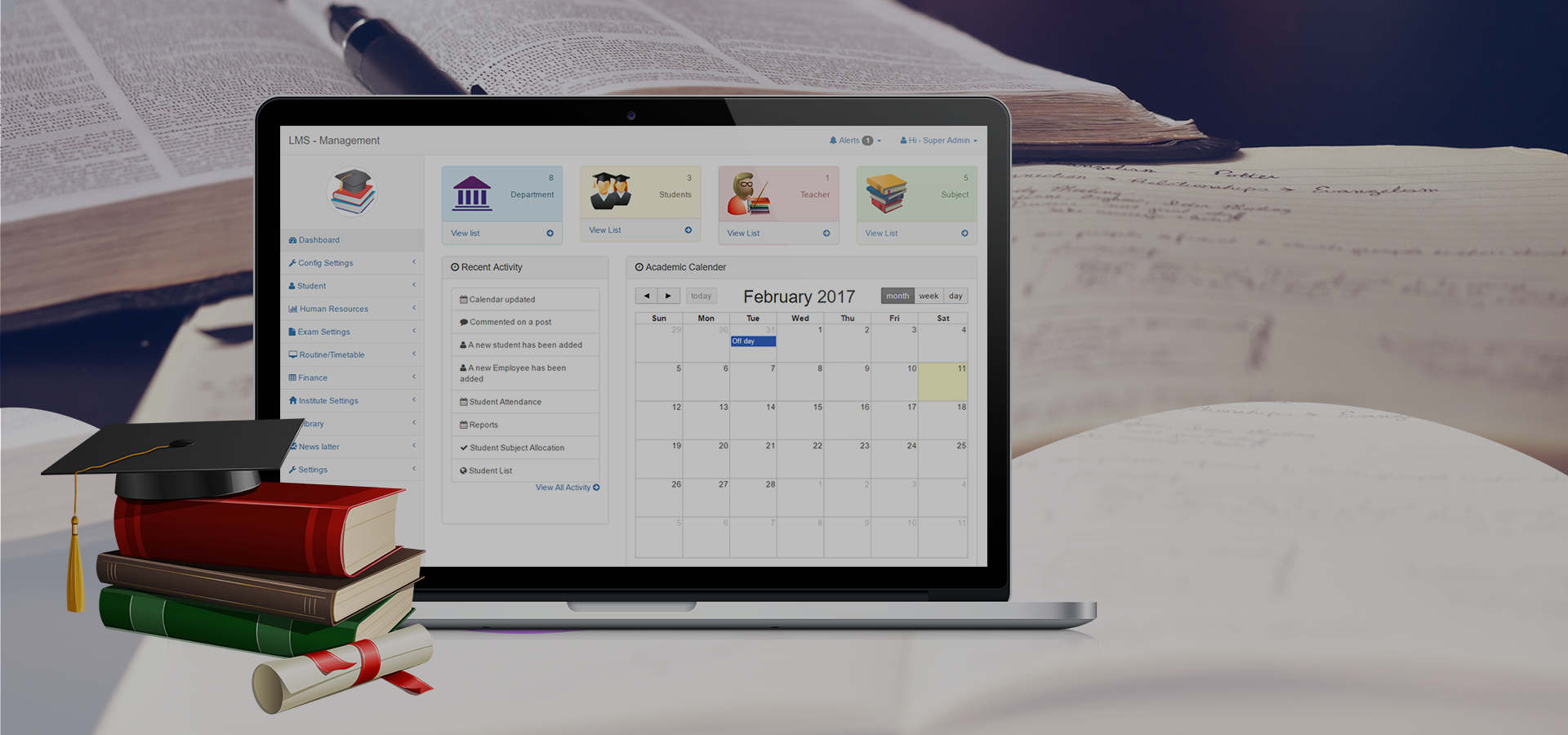COVID update: We have been completely functional remotely with our full team strength. Always open to support our customers.
As we Know ERP(Enterprise resource planning) is very important for all Kind of Business’s and in all industry But most of them that think ERP is only for Big and established business So this Business will explain the ERP system for small and medium business
Just think of a juggler. He’s a showcase. A skilled artist with relative easiness, strong dexterity to look at crowds.
He keeps objects in the wind, melting them from one hand to the other in high, interwoven arcs. He often juggles simple objects, such as plastic objects, and sometimes amazing items. More dangerous than anything. For example, scissors or chainsaws. Especially when there is a lot of stakes, it is worth watching him compete because accuracy is fantastic.
Juggling, in particular one focused on output or distribution, is not unlike managing a business. Tasks such as planning of project, acquisition, stock management, execution of the order, and delivery should not be decreased. To coordinate and integrate each of these complex procedures throughout a whole organization, a rigorous planning and tracking framework is required.
A modern juggler is the center of publicity. ERP in the middle.
Before Understanding how ERP Can work For Small and Medium Business You should be clear What is ERP
What Is ERP System
![]()
The applications used to handle the everyday commercial activity by companies, e.g. accounting, acquisition, project administration, risk control, regulatory, and supply chain processes (ERPs), shall be used as part of the ERP. A robust ERP suite includes sales efficiency, tools to schedule, budget, estimate, and report on the financial results of the enterprise.
ERP systems for small businesses link and allow data from a multitude of business processes. ERP programs remove the replication of data by gathering the data of an entity from different sources which providing data transparency with one point of facts.
ERP systems today are important for the management of tens of thousands of organizations in all sizes and sectors. ERP is as indispensable for these industries as the light-keeping electricity.
Manual processes, which did not have the kind of cooperative, cross-platform convenience that ERP software offered, left the SMB market to make. Consequently, few SMBs have conceived about the existence of an ERP setting. The advantages did not surpass the expense.
But that changes. Then that changes. The floodgates have opened up new modes of ERP for small business implementation which enable companies of all sizes to receive incentives for the highest levels of management of resources. In the next part, we are going to discuss those incentives.
How ERP System Can Improve Your small all Medium Size Business
Only modest performance changes will make a big difference when an organization is in growth mode. This is especially valid for small and medium-sized businesses. You should take the lead when rivalry breaks out due to the drive created by increased performance.
The latest inquiry confirms. According to the Aberdeen Group’s 2016 report, 96% of the leading businesses are rising. These firms have access to consumer reporting twice as much so they can change their output in real-time. As a consequence, over the past two years, their earnings have risen by an average of 10 percent.
What is the difference in an ERP system? Below are four main advantages of implementing an ERP in your company. It’s not a comprehensive collection. Dozens of other advantages exist. Take these high points into account.
1 Custom Report
The ability to generate timed or flying custom reports is strong. Large organizations rely on reporting for the tracking of KPIs in the organization. You can find signs in the statistics that one organization or feature is behind you. But without a housing system and the compilation of all this information, you can not produce useful reports. For starters, no way is possible, if you do not monitor anything from inventory intakes, through production, to exports and exports, to the time it takes for products to operate in the manufacturing process.
An ERP approach offers a single environment for capturing and collecting data, enabling reports to be created that explicitly illustrate where you are now productive and where progress can be achieved.
2 Cost Reduction
Almost all operating costs are minimized by successful ERP implementations.
If workers have fewer administrative procedures to evaluate them, they will carry on more creative and cost-effective initiatives. Not just that, it’s easier to work. Time is declining and production capacities are growing.
ERP strategies provide the potential for other forms of efficiency in asset processing for enterprises with product demands. An ERP will assist in estimating demand for unique products, minimizing total shortages, and tracking in real-time. The entire company profits from the smooth running of supply chain management.
3 Automation Flow
Human errors are common. In most organizations, it is also one of the largest productivity holes. The more frequently the business method depends on a person to access the same results, the more vulnerable you are to future delays and issues, for example. Automating data flow makes it far less likely that errors, stock malfunctions, or miscommunication will lead to human error. If the company runs like a well-oiled machine, clients get a reliable, assured service and the productivity of workers improves. The positive results of the two lead to growth exponentially.
4 Output Scalable
Finally, the ERP system for Small Business gives the market processes with a game-changing level of scalability.
When a corporation depends on manual order fulfillment systems, what can the workers do if there is a growth surge? How are they going to accommodate double the level that they’re used to? How possible it is that when the squad scrambles to cover all the bases, crucial activities will slip between the cracks.
Although growing pains for every organization can be caused by a large rise in production, ERP will significantly minimize the effect. Automation itself will take most of the pressure of workers while keeping a solid process record. That frees the most precious resource to manage all else – the people.
The effects of integrating an ERP approach are important. What’s more, cloud systems make it more practical than ever to leverage the strength for organizations of all sizes.
We will discuss in the next chapter how the cloud is transforming ERP solutions, and how small companies can profit
Select a Correct ERP Solution
The good news is your rollout of ERP isn’t predestined to crash. Implementation can occur on schedule and under budget if done the right way. Not just that, but when increasing performance, you can genuinely lower costs.
A proactive strategy is key. We will discuss five essential aspects for the implementation of a new ERP solution in this chapter. You would be set up for application progress if all bases are covered
1 Defined Your Goal
You must take the time to dig into your procedures to promote this. For starters, where are the bottlenecks? What manual methods are used by you that could be automated? What custom reports will give you the best impression of the overall success of the organization? How could knowledge, particularly between departments, flow more easily through your business? And what will the employees do if they won back any of the time that they are wasting due to inefficiency at present?
It is easier to envisage a successful market method because you have an understanding of what isn’t working. Begin by concentrating on the pain. Make sure the staff is still interested in this process. Your people will have input that can not fit any study.
2 Identify Your Requirement
No one-size-fits-all ERP software solution. As a consequence, the specific demands for options will need to be calculated, which will not work for you. Are you struggling to survive without current services in use? Are there any applications the company needs to maintain? Is remote/mobile connectivity a big factor?
It is therefore tentative to think about scalability. Don’t dwell on your current business. How about double your market size? What if this rise means more employees? More stock? Other shopping? If you are in aggressive growth mode, what kind of mechanism might be needed to ensure a smooth delivery?
3 Determining Your Budget
This is a good time to weigh the benefits and drawbacks of ERP implementations on-site against the cloud. Both formats are correct for themselves. Many small companies would find cloud-based ERP applications to be more affordable, although many large companies may take advantage of the long-term benefits in on-site implementations.
If you rely on an ERP based on the cloud, please ensure the costs of subscription per user are taken into account, particularly when you expect growth. While the ERP provider Acumatica listed in the previous chapter provides unrestricted access for customers, most cloud ERP solutions determine a user charge.
4 Explore your Option
You can’t figure out which ERP would do the most without doing some homework with your company. Comparative research takes time, however, and that alone causes an alarming number of business leaders to shorten the process, which they deem to be nice for the first ERP. The stakes here are high, however comprehensible this instinct is. A solid fit can have a huge impact on your market.
And if you have a certain approach in mind, it is best to explore other alternatives.
5 Develop your implementation plan
In reality, the execution, including timelines, is the last piece of the puzzle. Owing to the detailed nature of the ERP deployment, the best practice is to ensure that your whole company knows and correctly understands the project scope and timetable.
Conclusion
I hope you understand How ERP is useful for small and Medium Business and help you grow your Business To Next Level Indglobal Digital provide the best ERP system service in Canada and all over the world and help all small business ERP system in Toronto
Next Post ←
IT Outsourced Software Product Development Services Company Toronto, Calgary, Canada
RELATED ARTICLES
Request a quote or Talk to an expert
We guarantee a response in 6 hours or less. And the best bang for your buck.








